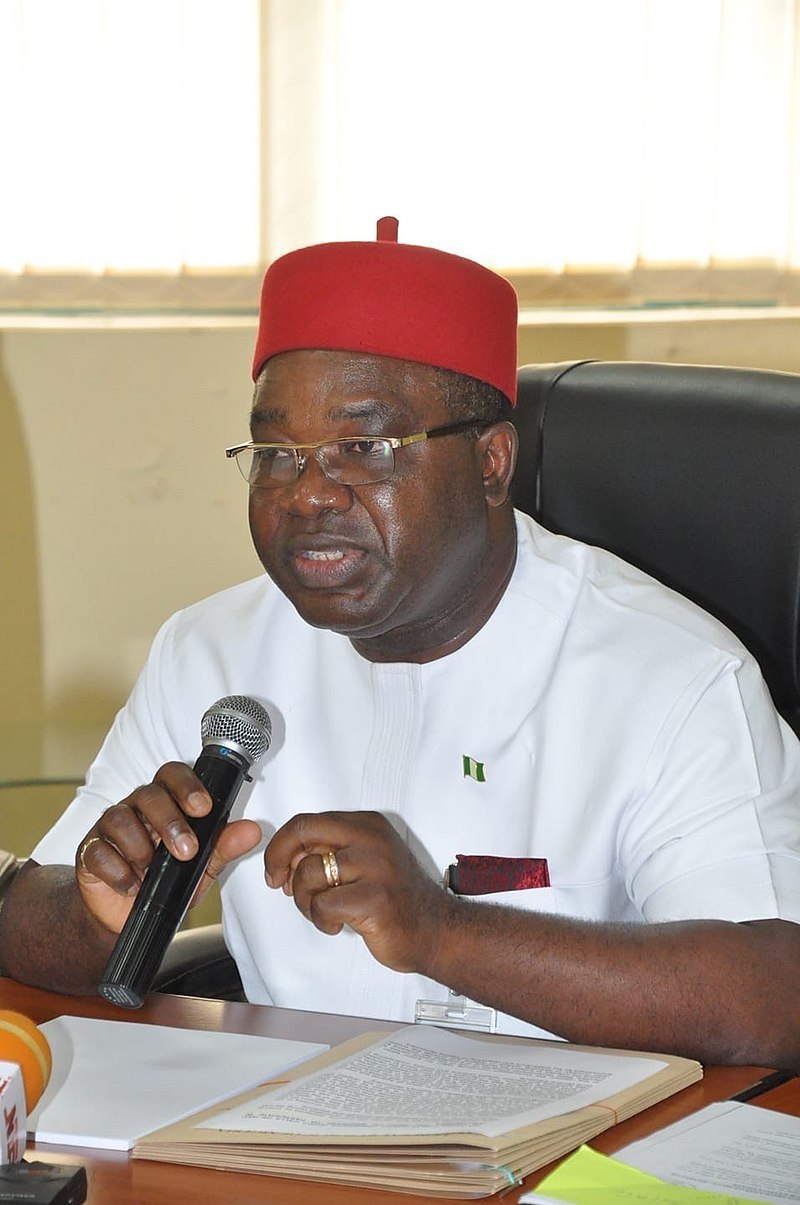The National Human Rights Commission (NHRC) has raised serious concerns over the ongoing abuse of power by military and law enforcement personnel. The NHRC made this statement in its monthly publication, The Dashboard, which covers human rights violations recorded throughout the first quarter of the year, including the month of March.
Dr. Tony Ojukwu (SAN), the Executive Secretary of the NHRC, presented the findings of the report, revealing that the commission received a total of 246,200 complaints in March alone. He noted that this figure highlights the serious challenges in protecting human rights in the country and underscores the gaps that still exist in ensuring the rights of all Nigerians.
The complaints primarily involved violations by state actors, particularly related to issues such as freedom from discrimination. Ojukwu explained that these violations were not isolated incidents, but rather part of a larger systemic issue that requires urgent attention from both the government and society.
One of the most concerning incidents highlighted in the report was the assault on workers at the Ikeja Electricity Distribution Company headquarters in Lagos by personnel from the Nigerian Air Force. Ojukwu condemned the military’s invasion of the facility, noting that it violated fundamental rights, such as the right to safety, dignity, and freedom from abuse. “It is especially shocking that security forces harmed those they should protect,” he said, emphasizing that such actions by those in uniform undermine public trust and must not be tolerated.
The NHRC has called for immediate accountability and justice for the victims of this incident and urged military, security, and law enforcement agencies to adhere strictly to the rule of law while respecting the dignity of individuals.
Additionally, Ojukwu reported a disturbing rise in terrorist attacks across Nigeria, which he described as violations of basic human rights. These assaults, he noted, jeopardize the right to life, personal security, and the freedom to live without fear. There was also a concerning increase in the targeted abduction of religious leaders, which he condemned as a deliberate violation of the freedom of thought, conscience, and religion.
In response to the report, the Norwegian Ambassador to Nigeria, Svein Bæra, acknowledged the difficulty of the situation but praised the NHRC for its clear and understandable presentation of the findings. He emphasized the importance of all human rights, with particular focus on the right to live free from fear. “Of all the rights we could say are important, I would like to echo what the Executive Secretary said. Maybe it’s the most important of all: the right to live free from fear,” Bæra remarked.
Mr. Hiliary Ogbonna, Senior Human Rights Adviser to the Commission, also presented the detailed activities of the NHRC for the first quarter. He revealed that the commission conducted 12,545 investigations and visited correctional centers and detention facilities 230 times. Additionally, the NHRC sent out 465 summons and letters to the Nigeria Police and made 27 visits to military formations.
Ogbonna further emphasized that the state has a fundamental obligation to protect its citizens, urging all relevant authorities to take stronger action to ensure the protection of human rights.










